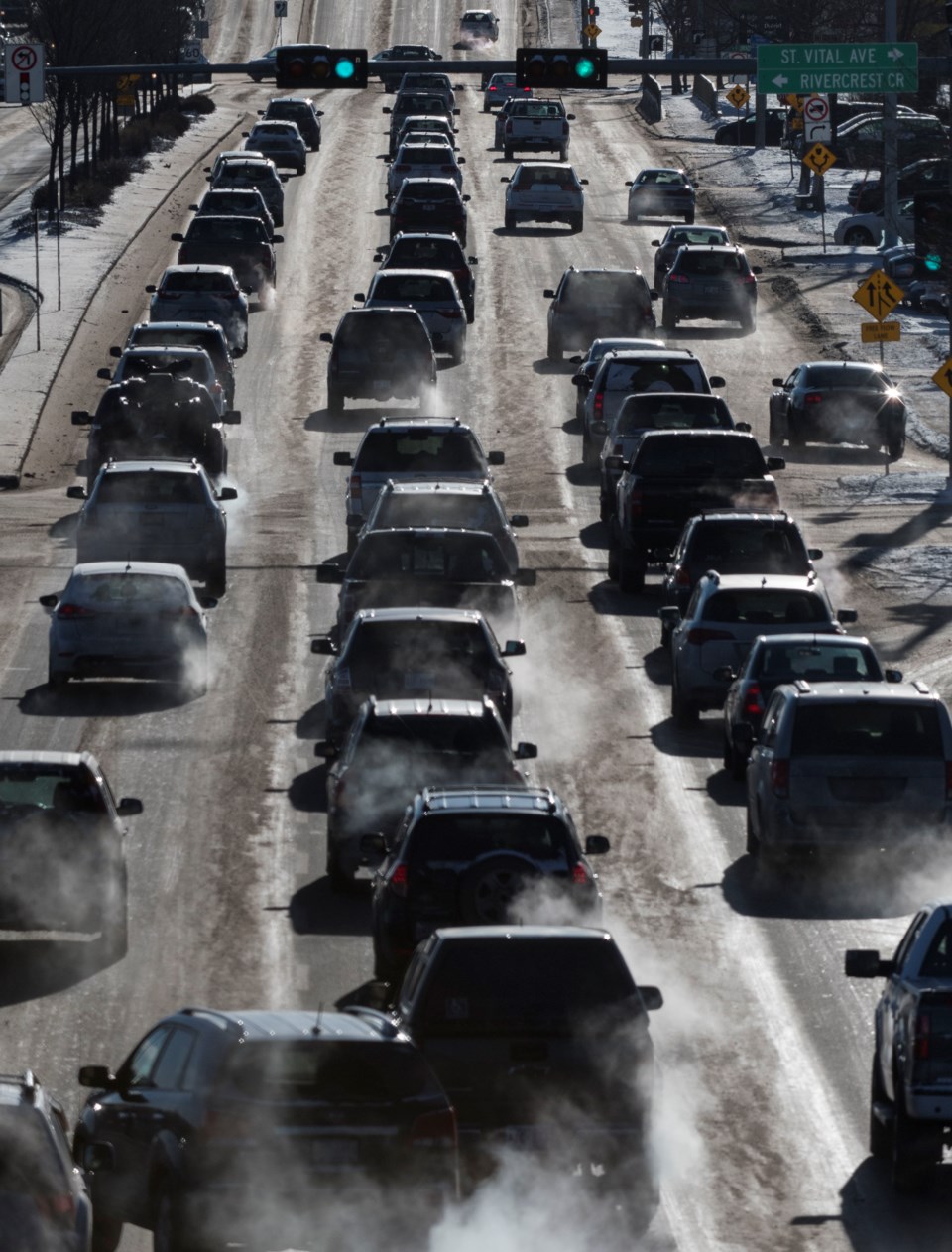City staff have landed on transportation, including improving traffic flow and information-gathering, as the theme of St. Albert's upcoming application in pursuit of a $10-million federal smart cities grant.
On Jan. 15, councillors officially signed off on using "intelligent transportation," aimed mostly at improving traffic flow, as the basis for the application, which is due in April.
Smart city aims to improve the quality of life for residents through technology and communication and has been described by Mayor Cathy Heron as becoming part of the city's "corporate culture." For intelligent transportation, two elements include improved data collection and Intelligent Transportation System (ITS), which is an ongoing effort by the city to help streamline traffic.
Some of the ITS projects currently ongoing in the city include central monitoring of some roadways and intersections and information-gathering on the city's vehicle fleet. In 2018, the city intends to improve intersections along St. Albert Trail by making traffic signals respond appropriately to levels of traffic.
Gordon Coulman, director of innovation and technology services, said the city's pitch covers the objectives of the federal challenge, which include providing measurable outcomes, forging regional, industrial and academic partnerships, and being able to apply successes to other communities.
"We have lots of the prerequisites, which make us, I believe, well-positioned for an application," Coulman said.
City staff are in the process of completing a strategy for ITS, which is expected to come out in March.
Transportation manager Dean Schick said that strategy could help the city develop its grant application.
"It essentially shows what the priorities are ... We can identify we have a formalized plan to follow," he said.
The $10-million grant is one of two being offered by the federal government for cities between 30,000 and 500,000 residents. Smart city manager Travis Peter said he expects the challenge to be very competitive.
If the city wins, the grant will help to propel St. Albert's ITS work forward much quicker than it otherwise might be achieved. ITS would be implemented throughout the entire community.
Heron, who has been a vocal proponent of St. Albert's participation in the challenge, said councillors agreed during their strategic planning session on Jan. 11 and 12 that transportation needs to be a priority.
"Traffic is a universal problem. I don't think there is any community that doesn't get frustrated with traffic," she said.
"I believe it's going to take the technology that comes with ITS, with the strategy and then with hopefully the support of federal dollars."
After the city submits its application in April, finalists will be announced in the summer.
Coulman said finalists will receive a $250,000 grant to assist in developing their final proposals.
Grant winners are expected to be announced in mid-2019.
Challenge won't preclude other traffic solutions
Schick said the city is moving forward with other ways to improve St. Albert's traffic conditions in the meantime."We're not going to sit on our haunches and wait for this program or application to go through," he said.
"We continue on with our transportation systems management program and our signal operations and evaluations."
The city also continues to move forward on improving traffic flow on St. Albert Trail, which involves a partnership with the University of Alberta and Alberta Smart City Alliance.
That information came in response to a question from Hughes, who described a recent personal experience of driving at night with no traffic and hitting five red lights in a row.
Hughes said she wants to see some of St. Albert's traffic problems solved before 2019 rolls around.
"I am watching every single community in the free world be able to co-ordinate our traffic lights better than we can," Hughes said.
"I just want it to get better."




